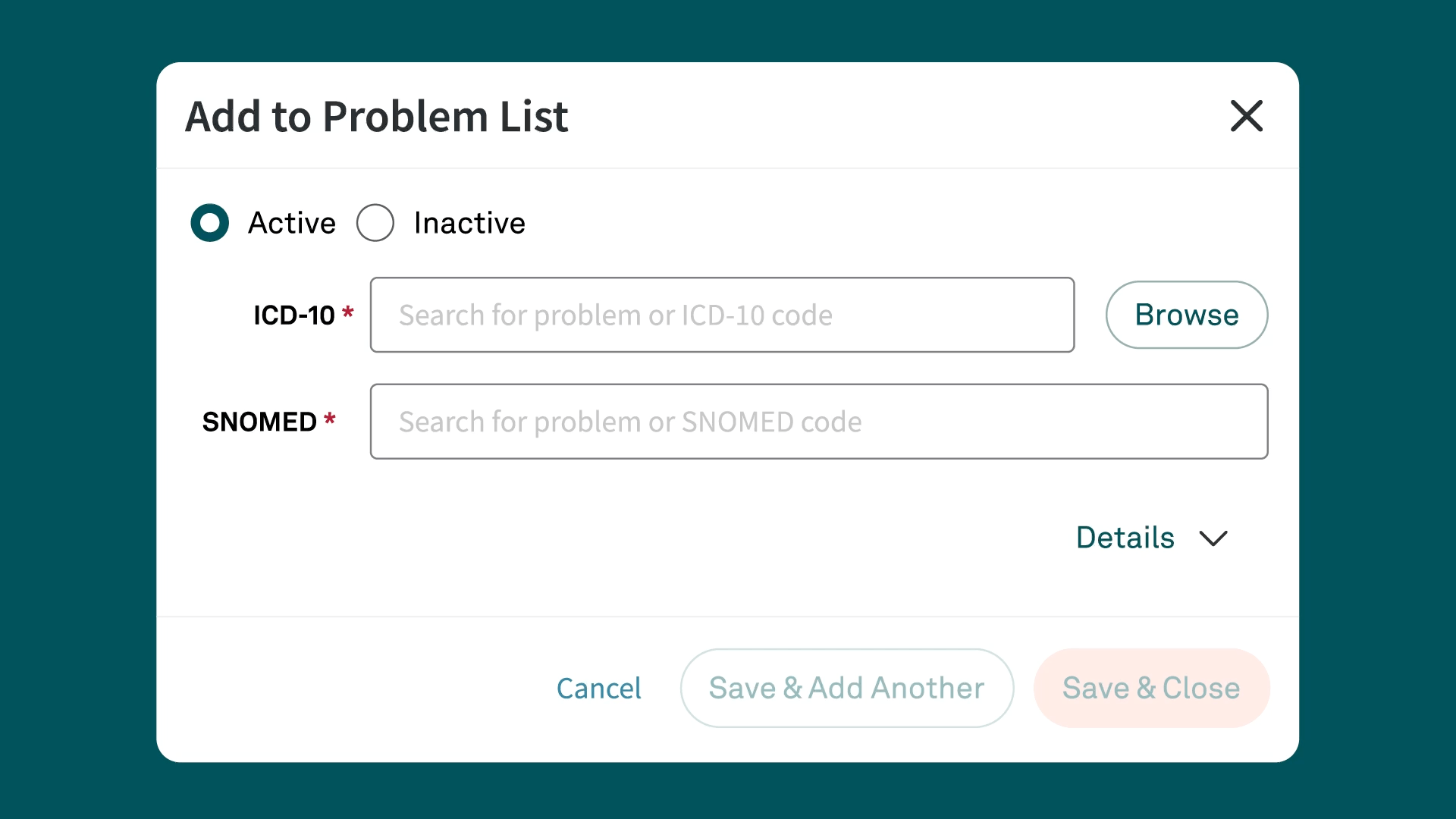ICD-10 Code F43.12
Post-traumatic stress disorder (PTSD), chronic
What is the code F43.12?
F43.12 is an ICD-10-CM code used to classify post-traumatic stress disorder (PTSD), chronic. This code is used by healthcare providers to document and bill for long-term PTSD conditions in patients. Chronic PTSD is characterized by persistent symptoms that extend beyond a month following exposure to a traumatic event.
Detailed description of F43.12
Post-traumatic stress disorder, chronic (F43.12), is a mental health condition triggered by experiencing or witnessing a traumatic event. Unlike acute PTSD, chronic PTSD symptoms persist for an extended period, significantly affecting the patient's daily life and functioning. Chronic PTSD may involve recurring flashbacks, severe anxiety, and uncontrollable thoughts about the event.
Symptoms commonly associated with F43.12
Patients diagnosed with F43.12 may exhibit a variety of symptoms, including:
- Intrusive memories, such as flashbacks or nightmares about the traumatic event.
- Avoidance behaviors, such as avoiding places, activities, or people that remind them of the trauma.
- Negative changes in thinking and mood, including feelings of hopelessness, memory problems, and emotional numbness.
- Changes in physical and emotional reactions, such as being easily startled, having difficulty sleeping, and experiencing irritability or aggressive behavior.
Related and similar ICD-10 codes
Several ICD-10 codes are related to or similar to F43.12, including:
- F43.10: Post-traumatic stress disorder, unspecified
- F43.11: Post-traumatic stress disorder, acute
- F43.20: Adjustment disorder, unspecified
- F43.8: Other reactions to severe stress
Appropriate usage of F43.12 for billing
F43.12 should be used for billing when documenting chronic PTSD in patients. It is important to ensure that the diagnosis meets the criteria for chronic PTSD, which typically involves symptoms persisting for more than one month and causing significant impairment in social, occupational, or other important areas of functioning. F43.10 may also be assigned in cases where the provider has documented the diagnosis as "chronic traumatic neurosis.”
Instructional guidelines for providers coding F43.12
When coding for F43.12, follow these best practices:
- Ensure thorough documentation of the patient's history, symptoms, and the duration of symptoms.
- Clearly differentiate between acute and chronic PTSD based on the duration and persistence of symptoms.
- Use additional codes to specify any associated conditions or complications, such as depressive episodes or anxiety disorders.
In the outpatient setting, mental health disorders such as F43.12 are not coded unless there is documentation that these conditions affected patient care or management requiring monitoring, evaluation, or treatment during the current visit.
Common pitfalls in coding with F43.12
Common pitfalls to avoid when coding with F43.12 include:
- Misclassification of acute PTSD (F43.11) as chronic PTSD (F43.12).
- Inadequate documentation of the duration and impact of symptoms.
- Failing to code for coexisting mental health conditions that may influence the patient's PTSD.
Key resources for F43.12 coding
- CMS ICD-10 Homepage: Provides official resources and guidelines on ICD-10-CM coding.
- WHO ICD-10 Online Browser: Useful for verifying the definitions and relationships between different ICD-10-CM codes.
- American Psychiatric Association's Diagnostic and Statistical Manual of Mental Disorders (DSM-5)
Conclusion
F43.12 is an ICD-10-CM code for documenting and billing chronic PTSD. Accurate coding requires documentation of the chronic nature of the condition and awareness of related codes and guidelines. Proper use of F43.12 ensures effective communication of the patient's condition and supports appropriate billing and reimbursement for healthcare services provided.
Simplify ICD-10 code documentation with Tebra
Tebra’s EHR+ gives you quick searches and Systematized Nomenclature of Medicine (SNOMED) field names for efficient code documentation. Plus, Tebra automatically saves ICD-10 to SNOMED mapping for future searches, streamlining your workflow.

Discover how Tebra helps providers effortlessly document health-related issues and conditions in this detailed post.
Similar Codes
Stay Ahead with Expert Healthcare & Billing Insights
Get the latest industry updates, financial tips, and expert strategies — delivered straight to your inbox.
